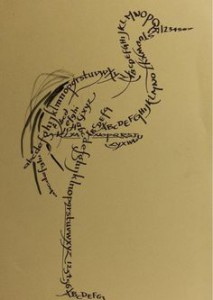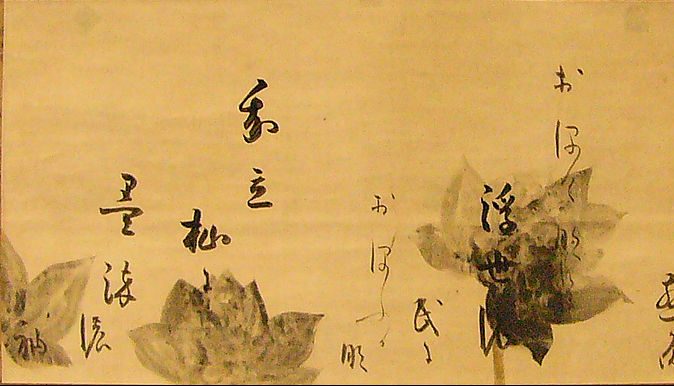Creators need to plan just like the rest of us do. More so even. Creative people (not just artists but designers, inventors and company founders) have creative output, whether a drawing, sonata, patent or brand, which are a particular kind of assets. A little more etherial perhaps, by property nonetheless. (Why it is called “intellectual” property, no doubt.) These assets are subject to financial valuation and taxation and estate administration (probate) fees the same way that real property is, and so, should be dealt with in your estate plan.
Not dealing with these assets in a will can give rise to more than the usual confusion and disputes among heirs, who, in the absence of instructions and tools to deal with your work, may be confused about what to with stacks of watercolours or notes for a novel or the drawings of that widget you invented.
A few recommendations for creative people (and the sons and daughters and grandsons and granddaughters of creative people) are:
- Make a separate will just for the creative work (or business, or collection). This can avoid the necessity of complicated and expensive evaluations and estate taxes. Same for anyone with a cottages, properties in other jurisdictions or other high value assets;
- Appoint an Executor who knows something about the creative work or business. Their knowledge will be put to good use and they are more likely to do a better job because they understand the value of the work in its creative context, including what it is worth and who will be interested in owning, conserving or collecting it;
- Give the Executor control over the copyrights as well as the things in themselves; copyright survives you by 50 years in Canada and can be a significant benefit. Even if the dollar value of your work is not that great today, you don’t know about tomorrow or 100 years from now, and in any event controlling how and where the work is reproduced can be very important.
- Consider making specific gifts to specific people. Family, friends and colleagues will appreciate being asked if they would like to have special things like art work, just make sure it is optional and provide an equally good alternative if they decline.
- Consider gifting creative work, sketches, notes, correspondence or other materials related to the creative practice to a public museum or university. But note: Museums do not accept gifts just because they are given; they will have to be asked and negotiations may ensue, so it is important to have someone who knows the terrain asking them. Universities are similarly discerning but often are just as interested in personal papers as they are in finished works for their archives and collections. (If you have been corresponding with Margaret Atwood, somebody is going to be interested in her letters to you, if not yours to her:)
__
Miscellany:
If you’ve read this far, I have a question for you. Would it interest you to write your own will in calligraphy?  How cool would it be to write your own will in a form that actually looks as olde as we think the practice of making wills is arcane? Perhaps a calligraphy class/will-writing workshop could be organized… I’d like to know your thoughts. Please use the comment form below. Thanks!
How cool would it be to write your own will in a form that actually looks as olde as we think the practice of making wills is arcane? Perhaps a calligraphy class/will-writing workshop could be organized… I’d like to know your thoughts. Please use the comment form below. Thanks!
Another miscellaneous thought:
Artists tend to think they don’t have enough stuff, or enough stuff that is valuable enough, to warrant having a will. But, like for most people, a will isn’t about how valuable your stuff is. It is about who will look after what you have and properly giving them the authority to do that and instructions to help them along.
Artists suffer many clichés, including that they are poor, or poorer than average. Artists get particularly caught up in a general cultural confusion about value and wealth. It is not that wealth is not necessarily material, or that some kinds of wealth are better than others. I don’t personally believe there has to be a trade off between material “real” wealth and immaterial “unreal?” wealth. Artists no more hold a monopoly on fulfilling experiences than they do necessarily suffer materially for their art. We need to get over such mythical misconceptions.
Which is not to say that wealth doesn’t matter. Alan Watts has a pretty enlightened perspective on what constitutes value, “True wealth is the sum of energy, technical intelligence, and raw materials,” which tells us that every sort of creative person produces things of value that should be dealt with respectfully, like through a well-drafted will.


One thought on “Wills for artists and other creators”